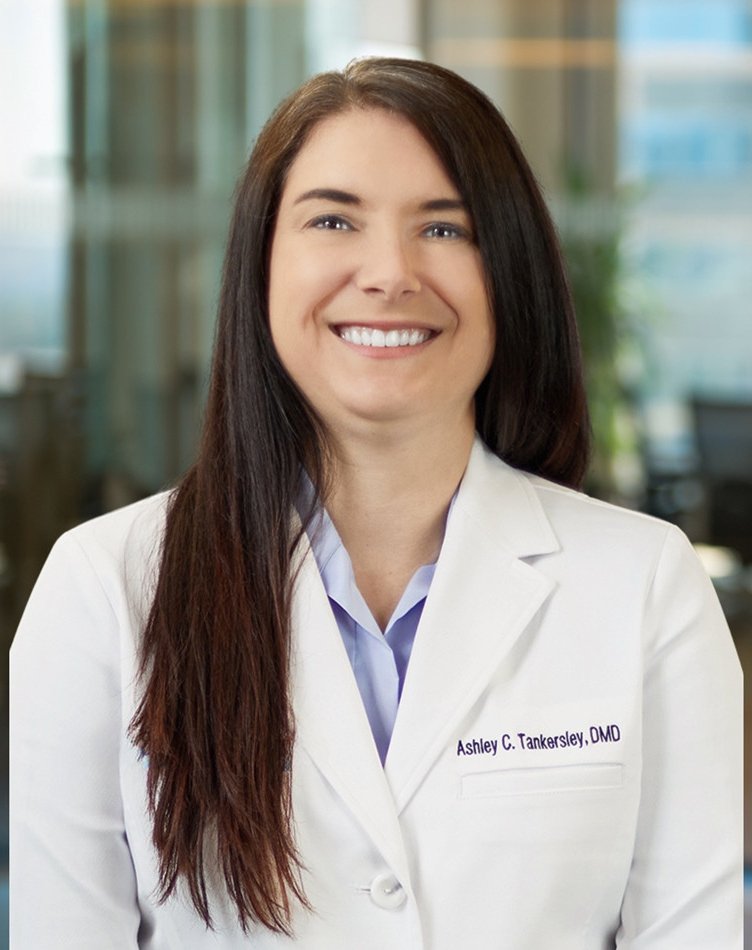| ADDRESS | |
| CONTACT | P: (864) 268-6417 |
| HOURS | Mon-Thur: 8:00 AM–5:00 PM |
Greenville’s Dental Implants and Oral Surgery Practice of Choice
Expect exceptional patient care every step of the way. At our Greenville - Eastside office, we put your dental health and well-being first, ensuring every oral and facial treatment experience is tailored to you. Our board-certified oral surgeons listen to your concerns, build a trusting partnership, and create personalized oral surgery and dental implant solutions that ease your mind and improve your quality of life.
Specializing in Oral and Maxillofacial Surgery
We go above and beyond for you. Our Greenville oral surgeons are experts in oral and facial treatments for the mouth, face, jaw, and head, offering a full range of customized services—from dental implants and wisdom teeth removal to corrective jaw surgery. Whether you're looking to regain confidence in your smile with dental implants or simply need your wisdom teeth removed to avoid future pain and problems, we’re here to deliver the oral and facial treatments you need with the highest level of care that you deserve.
Featured Services
Greenville, SC - Eastside Providers
Your Oral Surgery, Wisdom Teeth Removal, and Dental Implant Experts
Our board-certified oral surgeons in Greenville at our Eastside office combine exceptional clinical skills with best-in-class technology to provide truly life-changing oral surgery treatments and results. Learn about our team.











